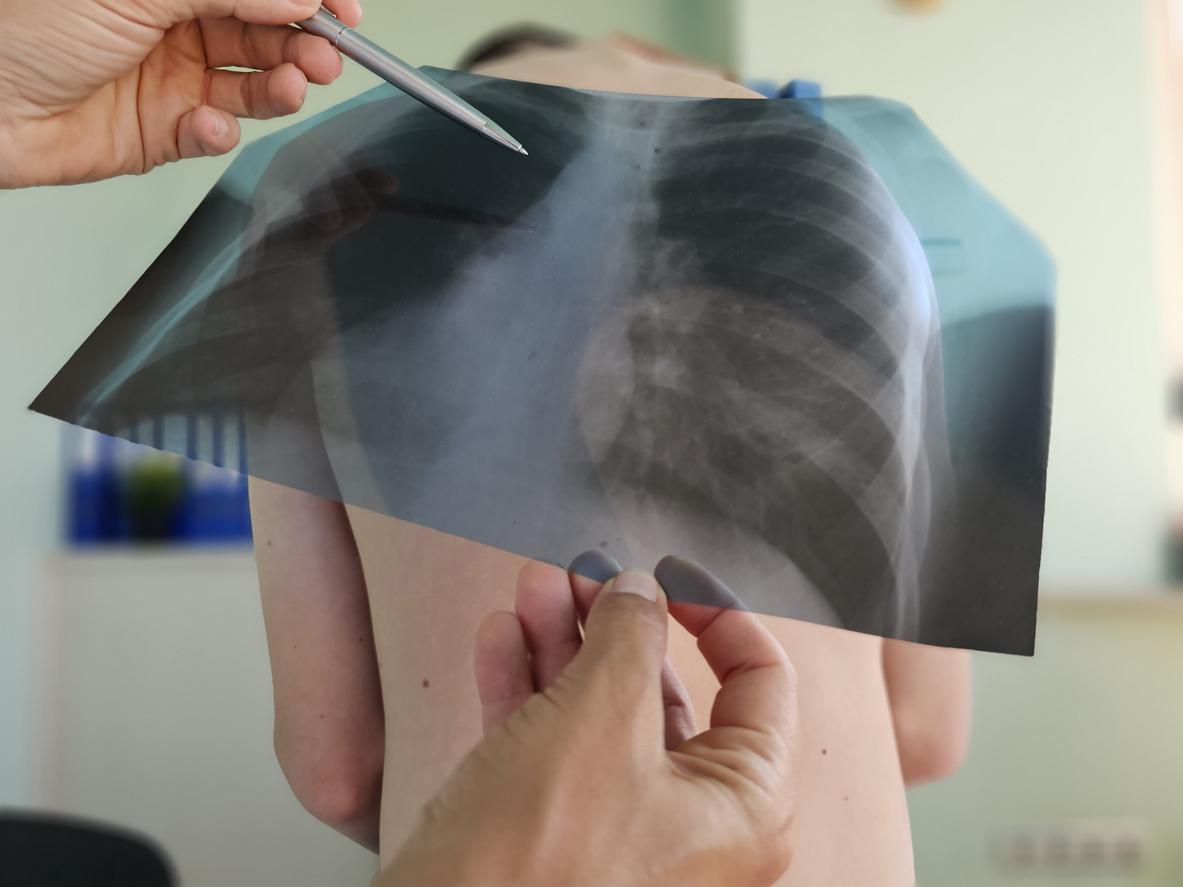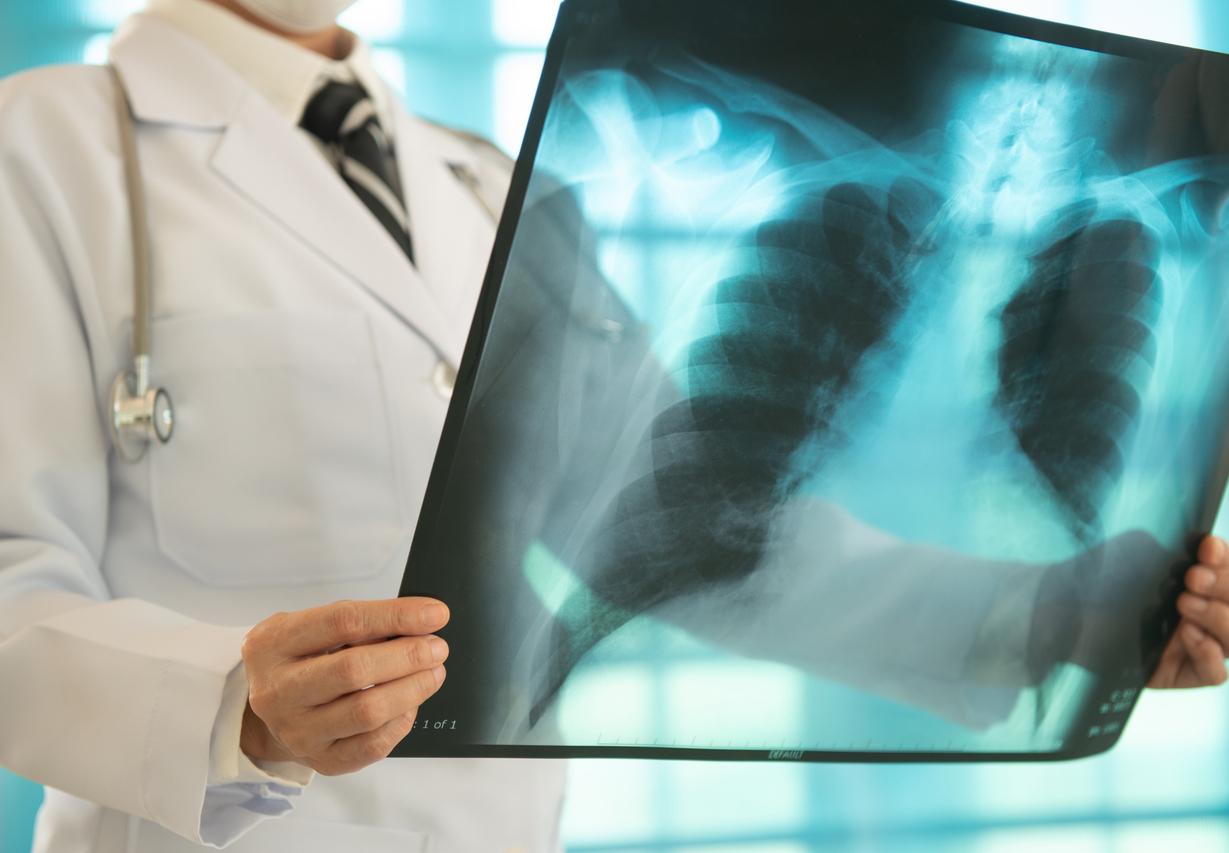According to the Official Journal, rubella is now one of the notifiable diseases for doctors, like cholera and tuberculosis.

Like cholera, rabies, tuberculosis or even zika, rubella is now among notifiable diseases (MDO) that doctors and biologists must report to regional health agencies and Public Health France, guaranteeing the anonymity of patients. According to Public Health France, the MDO system consists of “acting and preventing the risks of epidemics, but also (to) analyze the evolution over time of these diseases and adapt public health policies to the needs of the population”.
“A surveillance listing cases of rubella infections occurring in pregnant women and cases of congenital rubella in newborns was set up in 1976 in France through the network Renarub, specifies Public Health France. The objective of this network is to assess the impact of the vaccination policy and the progress towards the elimination of congenital rubella “.
Today, the security system extends to the entire population, as recommended by the High Council for Public Health (HCSP) in 2017. According to him, this initiative was “justified by the existence of ‘heterogeneous vaccination coverage depending on the territories and populations, which can lead to localized epidemic outbreaks “.
Rubella and contagions
One person suffering from rubella is contagious between 5 to 8 days before and 5 to 8 days after the onset of skin lesions. Only the salivary secretions (kiss) are contagious, not pimples. During this interval, it is preferable that the patient does not come into contact with unvaccinated people or people at risk such as pregnant women.
What to do for pregnant women? Classically, a vaccinated pregnant woman protects her child with her antibodies during pregnancy and up to about 6 months after birth. If it is not vaccinated, it is recommended to take a blood test to look for any antibodies, witnesses of an old infection. In the event of negative serology, it is advisable to check the serology every month and to avoid any contact with unvaccinated infants or more generally anyone with a widespread rash.
The rubella vaccination schedule
Rubella is a generally mild disease, but infection with the virus during the first months of pregnancy can lead to fetal death or congenital malformative rubella. It is also for this reason that the measles-mumps vaccinerubella is one of the 11 vaccines now mandatory for children born after January 1, 2018.
Traditionally, the vaccination schedule consists of the injection of a dose of MMR vaccine (Measles, Mumps, Rubella) at 12 months, then a second injection between 16 and 18 months. For people who have never been vaccinated against rubella, a catch-up is possible. It consists of injecting two doses of the vaccine at least one month apart.

.















